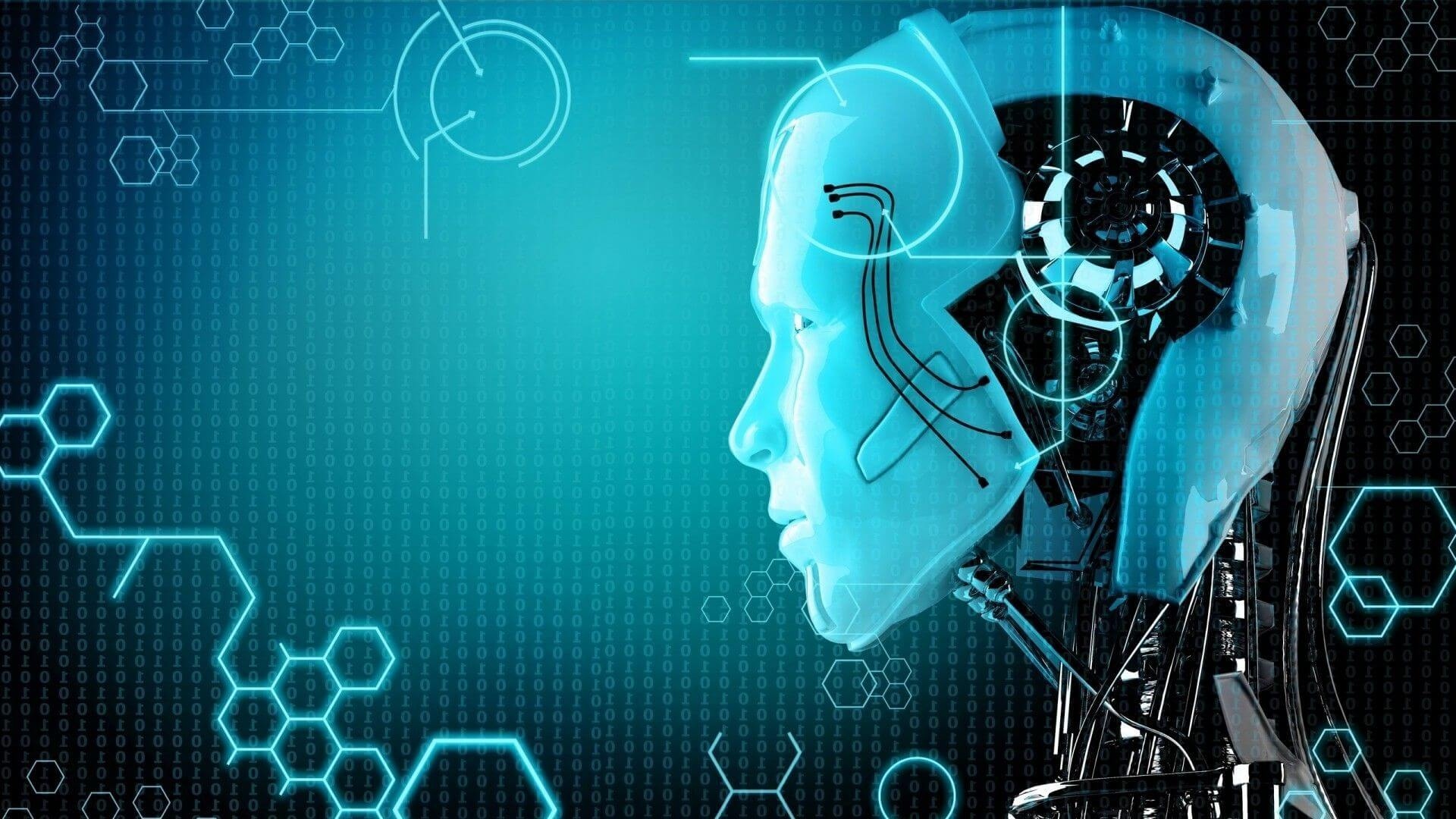As discussed in our previous blogs, Artificial Intelligence has become a major part of our lives in recent years. From self-driving cars to automated customer service, AI has become an integral part of many industries. However, with the rapid advancement of AI technology, it’s important to consider the ethical implications of its use.
In the world of AI, ethical considerations are just as important as technological advances if not more significant. AI is a powerful tool that can be used for good or ill, and it’s up to us to ensure that it’s used responsibly. As AI continues to be integrated into our daily lives, understanding the ethical implications of its use is essential.

One major ethical concern with AI is the potential for bias in algorithms. Without proper oversight, AI algorithms can be designed to favor certain outcomes, leading to unfair or inaccurate results. This is particularly concerning when AI is used to make decisions that affect people’s lives, such as in healthcare or hiring decisions. To ensure fairness, it’s essential that AI algorithms are designed to be transparent and impartial. AI systems can collect and store vast amounts of personal data, which can raise questions about privacy and data security.
Another ethical concern is the potential for AI to be used for malicious purposes. With the ability to process large amounts of data quickly, AI can be used to identify and exploit vulnerabilities. Autonomous weapons, such as drones and robotic soldiers, raise ethical concerns about who is responsible for the decisions made by such weapons and the potential for them to be used for offensive purposes.
